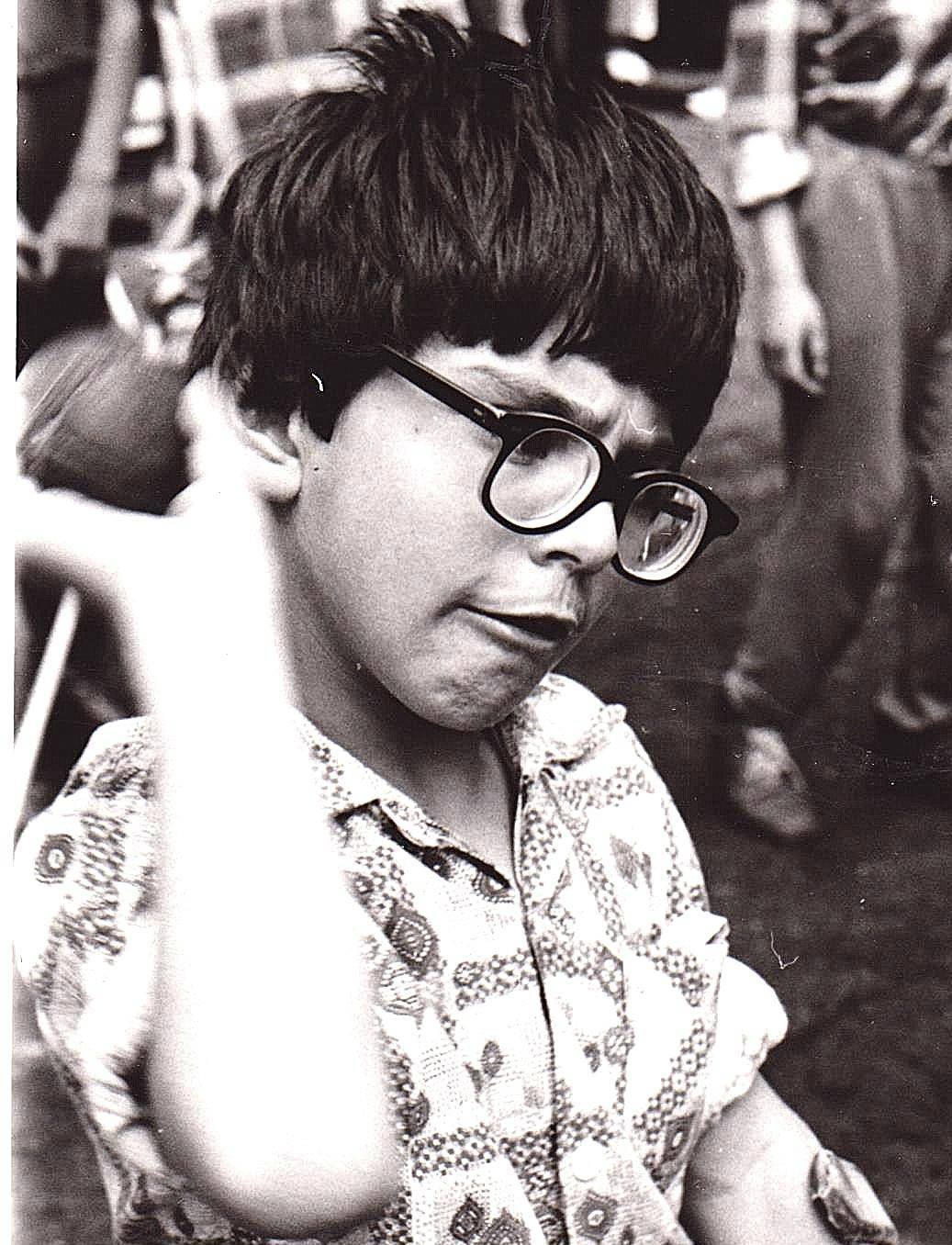The nurses at the hospital beat him up for breaking his head in the bathroom

Stáhnout obrázek
Miroslav Kudláček was born on 13 September 1967 in Chrudim with child cerebral palsy (today referred to as cerebral palsy). Doctors discovered the disease only after his first birthday. He attended primary school in a hospital in Košumberk in the 1970s and 1980s. There he faced appalling psychological and physical terror from the staff. In addition, his mother suffered from paranoid psychosis. Upon his return, the witness remained at home for the next nine years. He educated himself, read and listened to the Voice of America and Radio Free Europe. He followed the Velvet Revolution avidly, at least through the media. In the early 1990s, he entered high school and successfully graduated. He then studied sociology at Charles University. Despite his handicap, he managed to obtain a doctorate. In 2022 he lived in his house in Chrudim.






